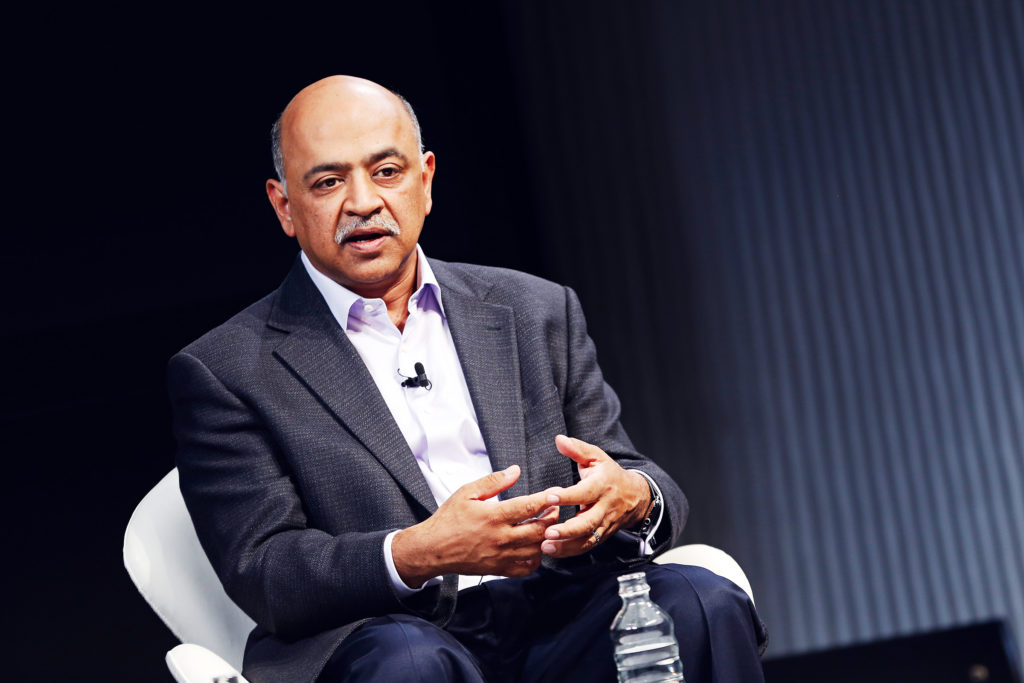
Here’s How IBM Is Planning to Use Its Own Blockchain Software
By Klint Finley for Wired
BITCOIN MAY STILL bring to mind images of clandestine drug markets and anarchist hackers bent on liberating finance from financial companies. But some of the world’s largest corporations are embracing the technology behind the cryptocurrency.
Last year, a group of tech and finance giants—IBM, Intel, Cisco, the London Stock Exchange Group, JP Morgan, Wells Fargo, and others—teamed up to create Hyperledger, an open source project inspired by Bitcoin that the companies hope will one day provide a more secure and reliable way of trading stocks and other assets.
Some of the world’s largest corporations are embracing the technology behind bitcoin.
In that light, it’s no great surprise to see IBM, which has long sold software and support services to the world’s largest companies, getting in on the next big thing in financial software. But IBM doesn’t just plan to use Hyperledger to sell more stuff to other companies. IBM plans to put it to work within the company as well, Arvind Krishna, a research director at IBM, said today at the 2016 WIRED Business Conference in New York City.
The blockchain is essentially a decentralized ledger for keeping track of who owns which bitcoins. When you pay for something with a bitcoin, a payment processor will check the blockchain to make sure you own the bitcoins you’re trying to use, then write the new transaction into the ledger. Because so many copies of the ledger exist across the Internet, you can’t cheat the blockchain by altering a single copy. Hyperledger is similar, Krishna explains, but adds more features for verifying the identity of the people you’re trading with—imperative for larger companies and governments.
The real power of this system, Krishna says, is that you don’t have to trust any one person or organization, just the math underlying the system. That means you can do business with people you haven’t met without worrying about them cheating you, because ownership of a particular asset traded on the blockchain won’t shift from one party to another until the network has properly verified it.
Krishna says that IBM handles millions transactions per year, ranging from purchases from vendors to financing purchases for its clients. Disputes inevitably arrise over problems like tax rates and missing or incorrect shipments. On average these disputes take 40 days to resolve. Kirshna hopes that IBM can use Hyperledger to streamline these disputes by creating a transparent system for verifying who has actually paid for what. If it can work for IBM, the thinking goes, maybe it could work for just about anyone.
First appeared at





